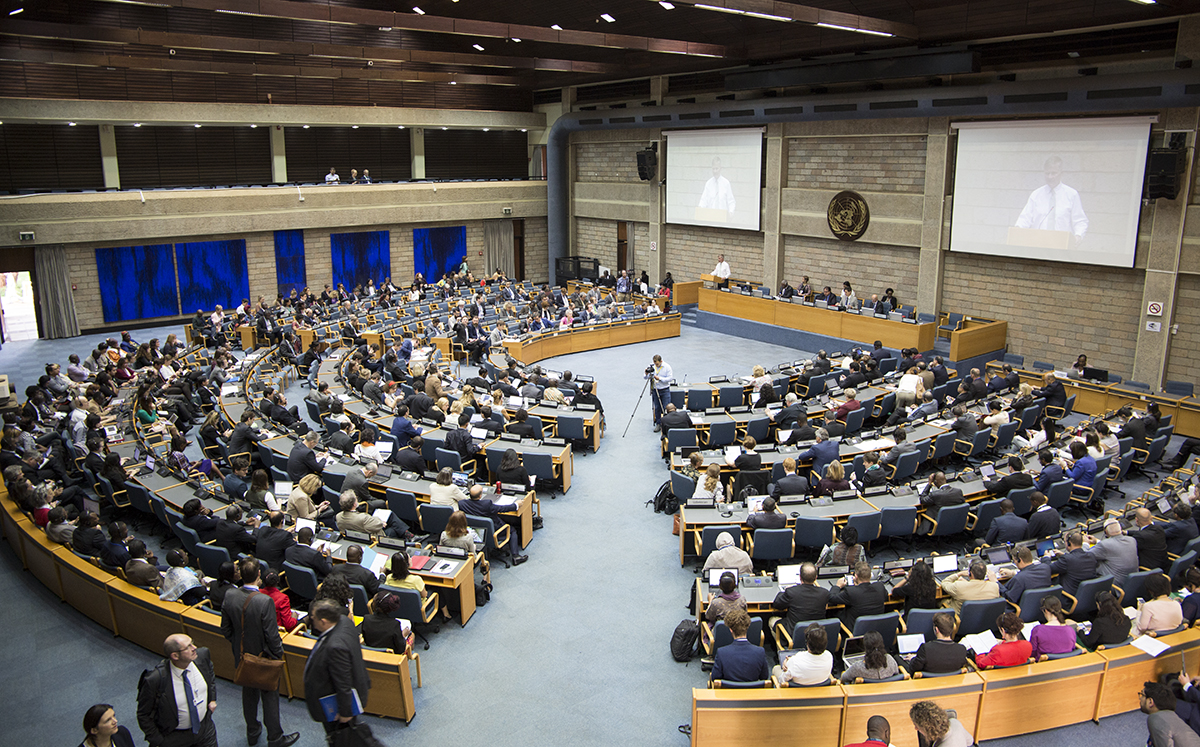UN Environment Assembly

Agenda - Preventing the International Trade in Endangered Species of Wild Fauna and Flora
The United Nations Environment Assembly is the United Nation’s highest decision-making body on the environment and aims to address the world’s current critical environmental challenges. UNEA was created in June 2012, during the United Nations Conference on Sustainable Development, known as RIO+20. At the conference, world leaders called for the United Nations Environment Programme (UNEP) to be strengthened on several fronts with action to be taken during the 67th session of the United Nations General Assembly (UNGA).Preventing the international trade of endangered wild flora and fauna is crucial for achieving Sustainable Development Goal (SDG) 15 – Life on Land. Article 8 of the Convention on Biological Diversity mandates the protection of ecosystems, natural habitats, and viable populations of species. Despite these efforts, illegal wildlife trade, valued at $7-23 billion annually, remains a significant threat, making it the fourth most lucrative illegal trade worldwide after drugs, humans, and weapons. This illicit trade endangers biodiversity, with approximately 1 million plant and animal species now threatened with extinction, many within decades. The high demand and involvement of organized crime exacerbate the situation, leading to over-exploitation and severe consequences for ecosystems and local communities. Strengthening international cooperation, enhancing legal frameworks, and raising public awareness are essential to combat this crisis and protect our planet's biodiversity.
